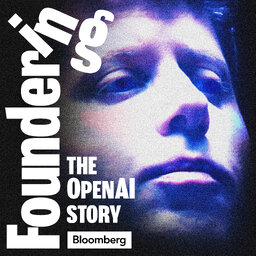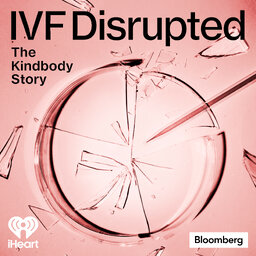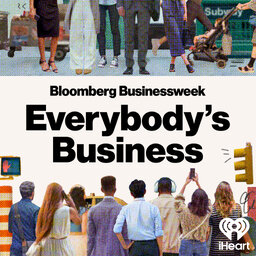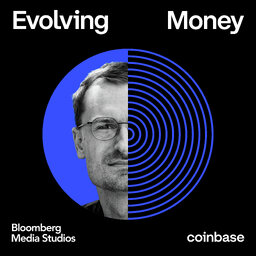Amazon Part 1: The Inventor vs. The Monopolist
Today Amazon is an inescapable juggernaut. Back in 1994, it was just an idea, pitched by a former Wall Street banker named Jeff Bezos to disbelieving investors at the very birth of the internet era. Reporter Brad Stone, who has spent years chronicling the Amazon story, describes how the company almost flamed out the dot.bomb era and how Bezos rescued the company in part by ginning up two new lines of business – Prime shipping and its digital reader, the Kindle.
 Foundering
Foundering


